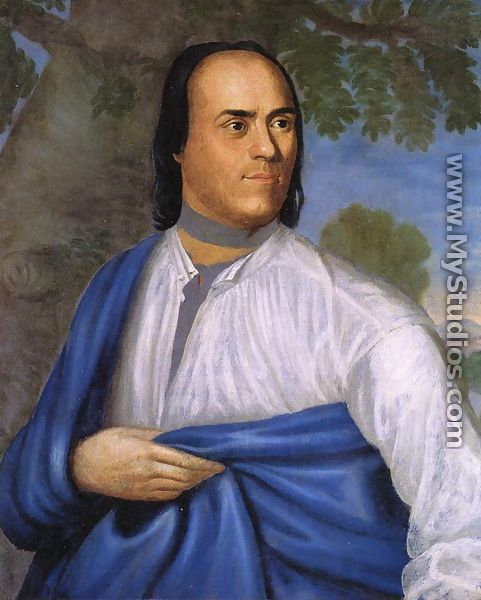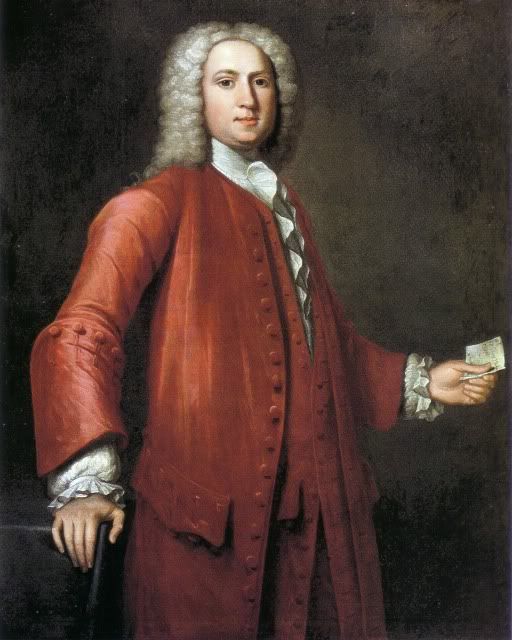After reading several of the essays in The World Turned Upside Down there are several things that really stuck with me and that I found interesting. The first was the offer of love and brotherhood that was extended by many of the Indian people in several of the essays that I read. In the first section, Voices from the Shore, I read Powhatan's Speech to Captain John Smith, which was written in 1609. One of the lines that I found most interesting was "What will it availe you to take that by force you may quickly have by love, or to destroy them that provide you food." It is a valid question to ask. It is not as if the Native people weren't willing to share their resources and offer any aid and support they possibly could and the question "What can you get by Warre...?" is one that becomes significant as hostilities began to brew between the colonists and the Indians. Which leads me into the essay on Resolving Conflicts with Colonial Neighbors.
King Hagler (Nopkehe) wrote Reply to Colonists' Complaints in 1754. Many of the colonists had made complaints about the Indians, saying that they were stealing food, knives, clothing, etc...children. Many of the things I'm sure were misunderstandings. (The stealing of a child is a little weird...but hey, maybe it really was a joke.) Regardless, King Hagler handled the situation with by extending the same message of love and brotherhood. However, what I took most from the essay was the part where King Hagler spoke directly to the colonists laying part of the blame on them for the introduction of alcohol to the Native Americans and for encouraging their continued usage of alcohol. His word were a lot more charged "...I heartily wish you would do something to prevent your people from dareing to sell or give them any of that strong drink, upon any consideration whatever for that will be a great means of our being free from being accused of those crimes that is committed by our young men and will prevent many of the abuses that is done by them thro' the effects of that strong drink..."
Essays like these give the reader a good description of the early days of alcohol abuse in Indian populations. It also chronicles the long struggle Indians have had attempting to have alcohol restricted from their populations.
There is no great way to segway into what other essays interested me so I'm just going to jump ahead.
One of the essays I found really interesting was the essay A Short Narrative of My Life by Samson Occom. Really what interested me is the almost self-degrading way that Occom talks about his childhood as being 'brought up in heathenism'. I was also struck by the very western features he was given in his portrait. Since I'm not an Art History major I am not sure if this is just simply a trend of the time or the artists way of showing Occom's conversion from heathenism. One of the only things that is different between his portrait and the other portraits done of colonists is skin color and the portraits background. I found it very interesting to compare the two.
I know we have talked a lot about Native American depiction in literature and film but I would love it in class if we talked more about Native American art and depictions in art.



No comments:
Post a Comment